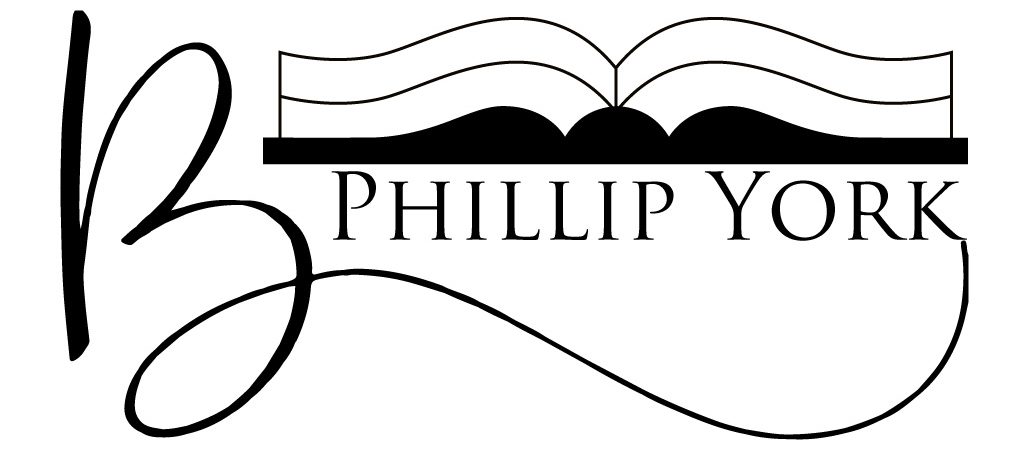
Having a specific or set lexicon for a work of fiction, especially speculative fiction, can be a highly useful tool. It can provide clues to setting, characterization, motivation, and emotion subtly. It can provide a sense of strangeness, distance or closeness, as well as time, simply through choosing words. You can also unearth old words, archaic, lost and obsolete, and resurrect them for use in a story. Changing the way that words are defined or used can give the reader the sense that things seem familiar, but in fact, there is oddity afoot. Inventing new words can provide a wonderful anchor for a piece, if done well they can define a work as well as provide an obvious opportunity to go viral, I can only imagine if Heinlein had written Stranger in a Strange Land today that the word grok would’ve gone viral quickly.
A lexicon can also tell you which words not to use. For a medieval fantasy setting, you’ll probably want to avoid words like train, umbrella, and menu, as they don’t really make sense in a fantasy setting (unless of course your fantasy setting has those things). You can also, though this is more complex, have separate lexicons for different groups of people. Someone raised in a fishing community might often reference the sea and fishing, though you need to be careful not to take this to an extreme.
In fact, I believe a lexicon is one of the strongest and best tools of characterization and you should probably have some sort of basic lexicon for each important character. This can range from the crude and blatant to the subtle and understated. Someone who overuses the word like, especially with a valley-girl accent, tells you a lot about their character in very few words. Others use unnecessarily grandiloquent words without reason, are prone to malapropism (intentionally or not), tend to misword, or sometimes engage in catachresis. This can show something about a character, in a very show-don’t-tell kind of way, a person prone to grandiloquence might be pompous, a malapropist could have dyslexia, and a catachresian might be an unfocused person. It’s not just what we say, it’s how we talk; speech rhythm and inflection can also be a useful tool, people naturally pause, are prone to long silences, cough, laugh unnecessarily, or engage in any number of other non-speech but verbal communications.
How do you make a lexicon? Start a document (Scrivener, Word or Excel, it matters little). Add words and the definition and perhaps an explanation, who uses that words, under or overuses it, and keep adding to it over time. It can become part of your story bible.

I am really enjoying the theme/design of your web
site. Do you ever run into any internet browser compatibility problems?
A small number of my blog readers have complained about my website not
operating correctly in Explorer but looks great in Chrome.
Do you have any tips to help fix this issue?
I’m lucky enough to have someone do the website for me so I don’t really know about that kind of thing.